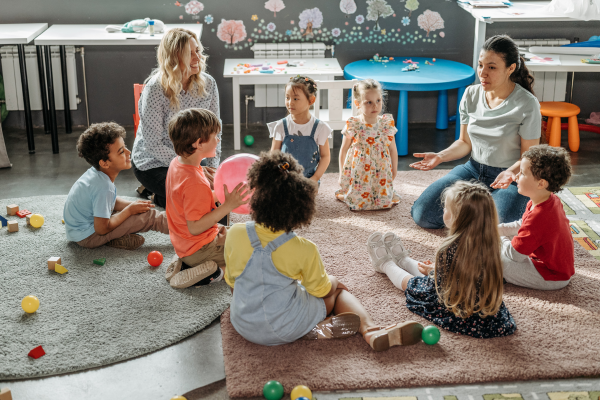Project kits

Our new planet: learning about citizenship
This project kit is designed to help develop citizenship skills and collaboration among ECEC pupils, by creating a shared understanding of values, teamwork and community.

Image source: Pavel Danilyuk from Pexels
Through a series of activities, children can explore what it means to be a good citizen and work together to design a new planet for an imaginary alien. This project kit encourages pupils to think about their personal values, collaborate, and develop a sense of responsibility and empathy.
Additional information
-
Age from:5
-
Age to:6
-
Difficulty:Easy
-
Education type:Early Childhood Education and Care
-
Target audience ISCED:Early childhood education (ISCED 0)
